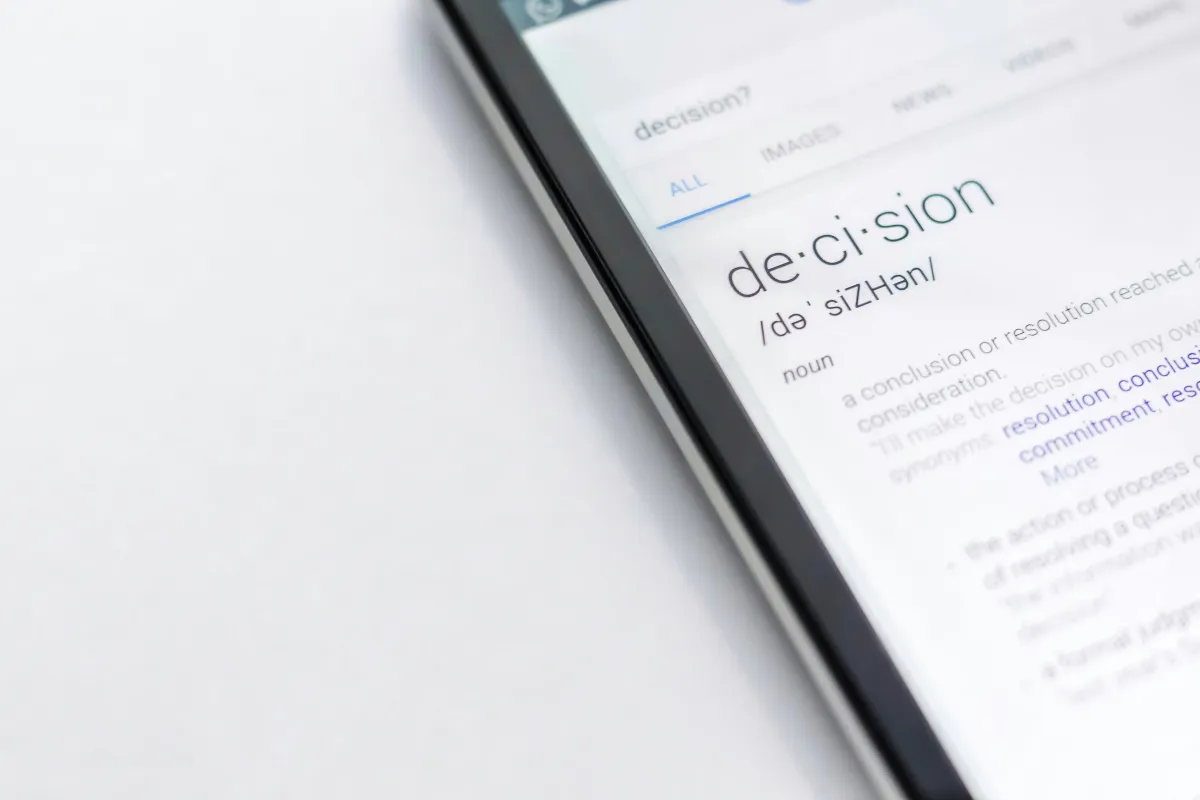Contact Us
Blog

Want Your Teen to Excel in Reading and Writing? Here’s How to Develop a Better Vocabulary
Introduction
Does your teen freeze when they encounter a tough word in a book? Or does their writing seem simple and informal, leaving you wondering if their vocabulary is holding them back? Understanding how to develop a better vocabulary is key to unlocking confidence and success in both reading and writing.
Vocabulary challenges can prevent students from progressing, but the good news is that they’re fixable with the right strategies. From daily reading habits to creative tools and tips, this guide will show you exactly how your teen can develop a better vocabulary so they can thrive. Let’s dive in!
1. Make Reading a Daily Habit
Reading is the single best way for teens to expand their vocabulary. Encourage them to read a mix of genres—novels, nonfiction, articles, and even poetry—to expose them to a variety of words.
Pro Tip: Suggest books that match their interests but challenge their current vocabulary level. For example, if they love sports, try having them read biographies of famous athletes or news articles about sports.
2. Use Flashcards for Quick Practice
Flashcards are a simple but powerful tool. Teens can:
Use apps like Quizlet to create digital flashcards, or
Write their own flashcards to reinforce the meaning of words
To make the words stick, have them create sentences using the new vocabulary too. Creating their own context will make it significantly easier to remember and apply the words later.
3. Master Context Clues
Teens often default to looking up unfamiliar words in a dictionary, but this habit can slow them down. Instead, teach them how to look for context clues:
Definition Clues: Sometimes, the sentence itself defines the word
Synonyms/Antonyms: Nearby words might provide hints through comparison or contrast
Examples: The sentence may include examples that clarify the meaning
By practicing this skill, they’ll become more confident in figuring out unfamiliar words on their own.
4. Track and Review Vocabulary Regularly
To truly master new words, it’s important to both track and review them consistently. Encourage your teen to create a vocabulary log—a simple notebook or an Excel/Google Sheet would work great—for listing new words, their definitions, and example sentences.
Reviewing this log daily helps solidify the words in their memory. Focus on recently learned words rather than overwhelming them with too many new ones at once. Quality over quantity is key to making vocabulary stick!
5. Gentle Corrections and Support
If your teen misuses a word, don’t be afraid to correct them. But do so gently, like:
Suggesting an alternative word they might have forgotten: “You could also say...”
Asking, “Did you mean...?” to clarify their intent
The goal is to teach without making them feel self-conscious. Over time, they’ll gain confidence and use new words more naturally.
Final Thoughts
Building a robust vocabulary takes time, but knowing how to develop a better vocabulary can make all the difference in your teen's academic and personal growth. From practicing context clues to creating a vocabulary log, these strategies will help your teen grow their word knowledge and feel more confident using language in any situation.
And remember: it’s okay to ask for help! A tutor can provide targeted support to close vocabulary gaps and build a solid foundation for high school/college and beyond. Reach out today!

